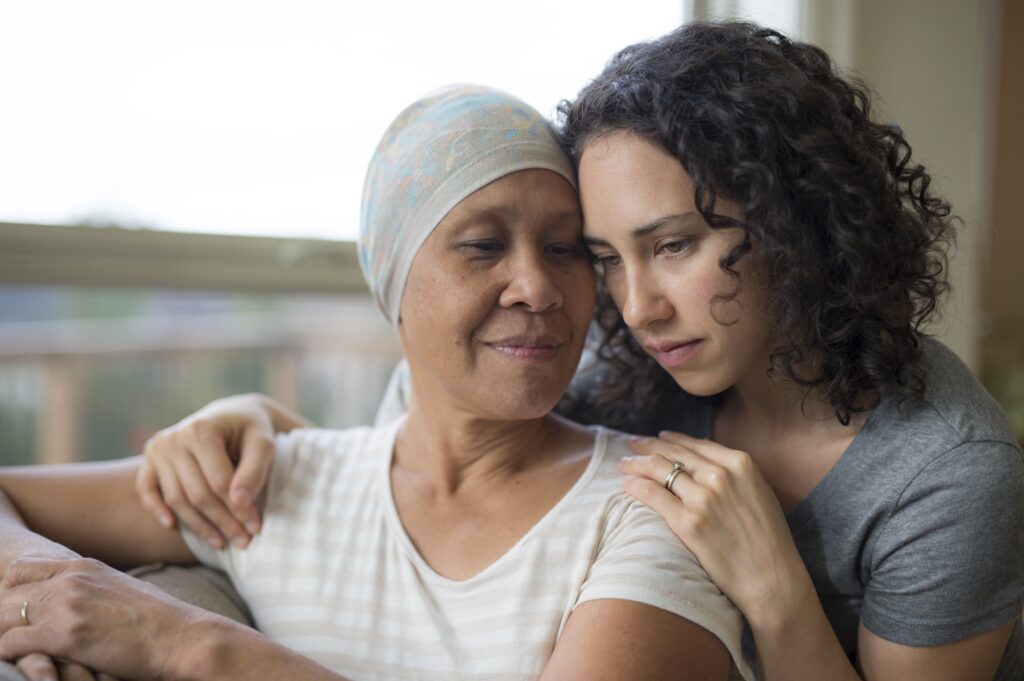In face of federal threats, state governments can protect their residents’ healthcare.
March 14, 2018

It’s crucial for kids to grow up healthy, for adults to pursue and maintain employment, education, or job training, and for seniors to live and retire in dignity.
Next week marks 8 years since the signing of the Affordable Care Act (ACA) — one of our country’s most significant step towards ensuring access to healthcare for all. Working hand-in-hand with Medicaid, the ACA has expanded healthcare to tens of millions of people throughout the country, improved the quality of coverage for millions more, sharply reduced poverty, bolstered health outcomes, and ushered in historic progress towards universal coverage.
That is, until the Trump Administration started its sabotage campaign.
In early January, for example, federal officials issued legally dubious guidance encouraging state governments to deny Medicaid coverage to struggling individuals through bureaucratic red tape dressed up as “work requirements.”
Since then, the administration has allowed lawmakers in Kentucky, Indiana, and Arkansas to implement these and other harmful policies, such as burdensome premiums and coverage “lock-outs.” Nine other states have similar waiver requests pending.
But contrary to the wrongheaded and racially-coded rhetoric peddled by the Trump Administration and sympathetic state lawmakers, these benefit cuts will only exacerbate the barriers many low-income people face to meaningful employment and, ironically, undermine their ability to find or maintain work. They will reduce access to healthcare on a massive scale and drive many people into, or deeper into, poverty. They will fall hardest on women and people of color, who are more likely to face additional obstacles to work, like caregiving responsibilities or discrimination. They will disproportionately harm people with disabilities. And, to boot, they will deal a significant blow to healthcare providers and local economies.
As one reporter has argued, this marks a sort of “hidden war” on access to healthcare — and the Trump Administration does not appear to be slowing down any time soon.
Indeed, just as state lawmakers can work to restrict access to coverage, they can also take proactive steps to defend it. In Illinois, for example, healthcare advocates, service providers, and patients are advancing legislation — the Do No Harm Healthcare Act — that would require the state legislature to approve of any waiver of federal law under the ACA, public insurance, or Medicaid that reduces coverage or waters down consumer protections. By ensuring that any attempts to restrict access to healthcare would be open to public debate and scrutiny, the bill would serve as a strong bulwark against the Trump Administration’s stealth assault on Medicaid and the ACA.
To be sure, the fight is very much still on in states that have already pushed ahead with harmful health policies. Indeed, advocates have already begun raising powerful legal challenges. But in states where it is politically feasible, preempting these sorts of policies can act as a potent weapon to protect the healthcare of millions.
Even as we pressure federal lawmakers to oppose and resist the Trump Administration’s harsh policy agenda, advocates must also continue to play defense and work for progress in the states.
After all, this is where Beltway decisions become kitchen table realities — and it’s where we can preserve and build upon historic progress on healthcare.
[UPDATE: HB 4165 has passed out of both chambers of the Illinois General Assembly and awaits Governor Rauner’s signature.]
Trevor Brown contributed to this blog.

stephaniealtman@povertylaw.org
312.789.4105
Everyone deserves access to affordable, comprehensive, culturally appropriate healthcare, no matter their income, race, gender, or where they're from.
Healthcare is a human right. The high cost of care means millions of families have no access to the critical care all human beings deserve.